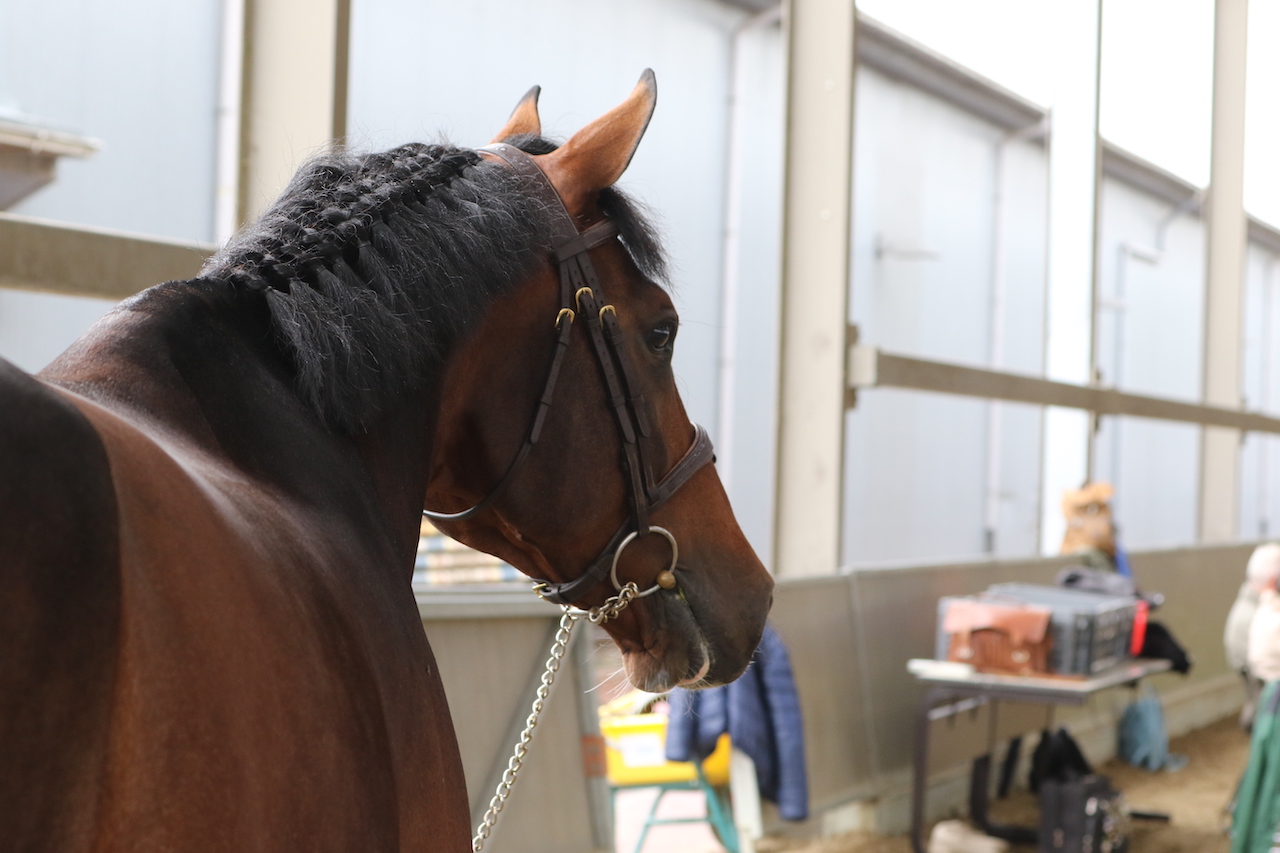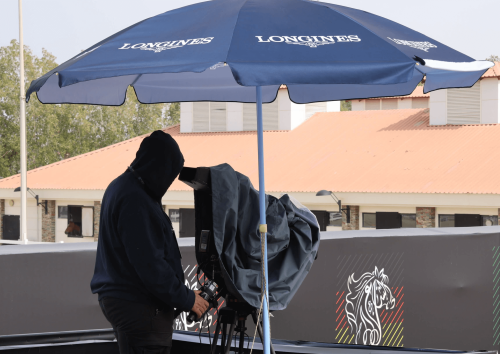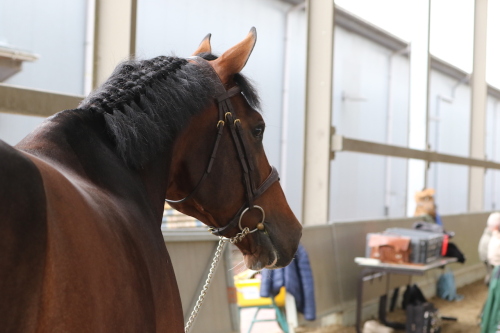He grew up in Tilburg, studied veterinary medicine in Belgium and the United States, and eventually found his professional home in Germany. For decades, Jan-Hein Swagemakers has traveled the world as the trusted veterinarian for international showjumpers and their horses. His career reads like a tribute to craftsmanship, dedication, and empathy. Three values he believes are at the heart of every equine success story. “A horse instinctively feels how the people around it treat him,” says Swagemakers. “Those who truly listen to what the animal tells them can achieve extraordinary things.”
From clinic to Olympic team
After completing his studies, Swagemakers began his career in a small German veterinary practice. He later spent nearly ten years working at Paul Schockemöhle’s stables, where he and colleague Mark Koene treated countless top sport horses.
In 2001, the pair founded their own equine clinic in Luesche, specializing in orthopedics and surgery. Eight years later, Swagemakers became team veterinarian for the German showjumping squad, a role he still proudly fulfills today.
“It’s a privilege to work with such exceptional animals,” he explains. “They are like elite athletes: everything revolves around health, routine, and mental balance.”
The unseen team behind a five-star event
According to Swagemakers, the organization behind a five-star competition is “incredibly professional.”
“There are always several veterinarians present,” he explains. “Each national team has its own vet, the FEI provides independent inspectors, and there’s a group of treating veterinarians stationed right by the ring. Everything is meticulously planned. The horses’ health is monitored at every single moment.”
While most spectators focus on the competition, Swagemakers says most of the work happens before and after. “The majority of the day is about care,” he says. “Horses travel with their own groom, eat their usual feed, and are stabled next to familiar companions from home. That familiarity creates calm. A groom usually cares for no more than three horses, from lunging to walking, grooming, and cooling down. Even the stable sizes and training areas are strictly regulated to ensure comfort.”
After competition, every detail is checked again. “Outside the ring, stewards and vets are ready for inspection. Legs, breathing, sweat — everything is assessed. Then come food, water, and rest. The entire cooldown and aftercare process easily takes an hour. Nothing is left to chance.”
Each horse, he stresses, is different. “A riding school horse has entirely different needs than a Grand Prix horse. One thrives on routine, the other on performance. Horses recognize their caretakers, they know when it’s showtime, and they feel what’s happening. Grooms spend day and night with them, it’s almost a love story.”
The mental health of horses
A topic Swagemakers feels especially passionate about is equine mental health. “There are many misconceptions,” he says. “Critics of equestrian sport often see only a fragment of the full picture. The vast majority of riders, vets, and officials are working to improve welfare. We want horses to be happy, healthy, and to enjoy what they do. That’s what we invest in.”
He firmly believes that competing can have a positive psychological effect. “A horse that gets to go to shows comes alive,” he says. “They recognize the rhythm, the atmosphere, the routine. Sometimes, when injured horses see the truck leave without them, they become restless. That’s why I believe it’s good, whenever possible, to take them along. The mental stimulation aids recovery, just like in humans. A happy horse heals faster.”
After all these years, Swagemakers still sums up his philosophy with one simple truth: “A horse is not a machine. It’s a living being that feels, thinks, and reacts. Once you understand that, you’ll naturally take better care of them. In the end, it all comes down to trust, attention, and respect. That’s where true top-level sport begins.”
He also notes how the sport continues to evolve. “Nutrition, transport, equipment, everything keeps improving. Trucks are more comfortable, jumps safer and more technical. Riders take responsibility more quickly now. If a horse doesn’t feel right, they stop sooner. That’s a positive development.”



